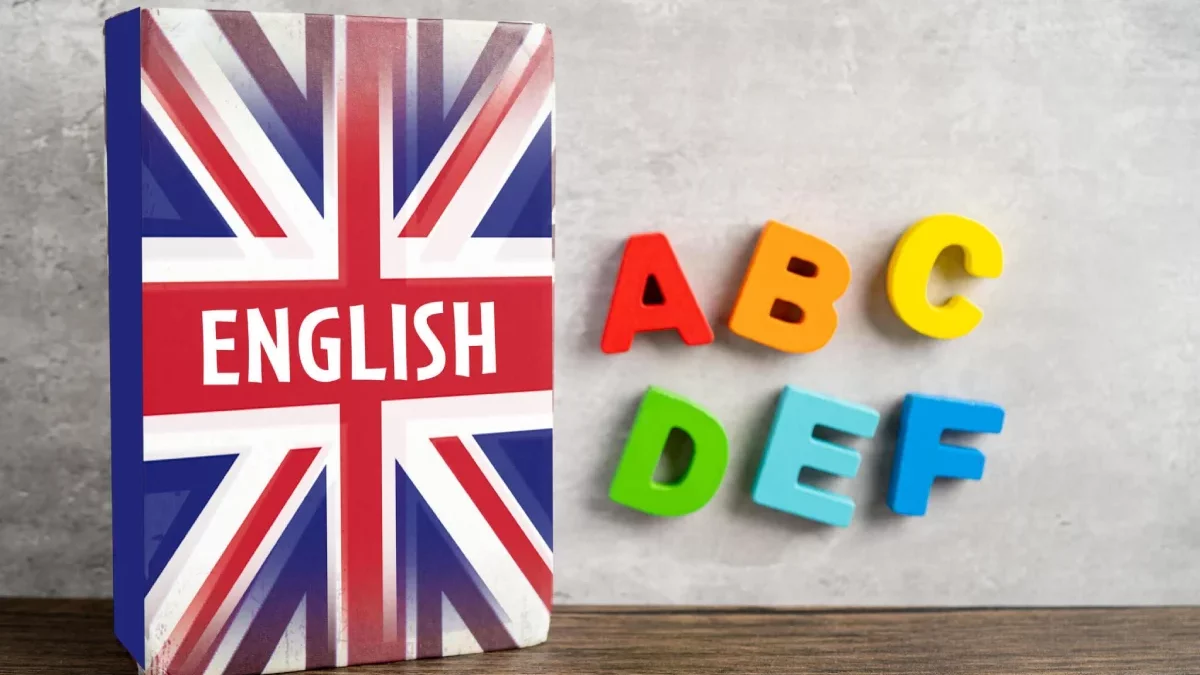Embarking on an IB English journey is an adventure filled with both challenges and rewards. At its heart, this course demands profound literary analysis and comprehension skills, which not only benefit academic pursuits but also enrich life beyond the classroom. Our goal is not merely to navigate its complexities but to cultivate an appreciation and understanding of literature that transcends academic boundaries. Let’s explore how to integrate these essential skills with the IB framework for a holistic learning experience that prepares you for exams and broadens your literary horizons!
Table of Contents
Foundations of Literary Analysis
Literary analysis is fundamental to grasping the essence of literature. It involves examining texts to reveal the hidden layers of meaning beneath their surface, often by dissecting both classical and modern works. This includes exploring themes, character development, and stylistic elements that contribute to the text’s overall impact. For instance, analyzing Shakespeare’s use of iambic pentameter or the symbolic significance of the green light in “The Great Gatsby” can provide invaluable insights into character motivations and the deeper meanings of each work. In IB English, this means delving into a wide range of classic and contemporary works to uncover their hidden depths.
The IB curriculum emphasizes critical and analytical thinking about these literary elements, encouraging students to articulate their insights effectively. This not only fosters a greater appreciation of literature but also hones their ability to express complex ideas with clarity. Through rigorous analysis, students develop skills that extend well beyond the classroom.
Active Reading Strategies
Engaging actively with texts is crucial for success in IB English. Techniques such as annotating, highlighting, and note-taking enhance the reading experience and help students track their thoughts and reactions. These strategies also facilitate the identification of key themes, character development, and stylistic features for deeper examination later on.
By integrating IB English objectives into their active reading practices, students ensure they are not just passively absorbing information but actively engaging with it, aligning with curriculum goals. This approach fosters a deeper and more critical engagement with texts, equipping students with essential experience for the IB English examination.
Critical Thinking Beyond the Text
Critical thinking entails examining a text’s broader context and various interpretations to enrich our understanding. For IB English students, this often involves exploring how historical, cultural, and personal contexts influence text interpretation, as well as considering alternative viewpoints.
Applying critical thinking skills to literature enhances comprehension and appreciation, offering both individual and universal insights. This not only improves literary analysis but also equips students with the skills needed for success in a constantly evolving, interconnected world.
Crafting Superior Literary Essays
Writing literary essays is a key component of the IB English curriculum. Students must learn to structure these essays effectively, incorporating quotations and textual evidence seamlessly. Successful IB English essays are characterized by their clarity, insight, and coherence, demonstrating a deep engagement with the texts and a well-articulated line of argumentation.
Decoding Themes and Symbols
Themes and symbols are the backbone of literature, bridging abstract and concrete ideas, and linking universal issues with personal ones. For IB English students, recognizing and interpreting these elements is essential for uncovering deeper meanings in texts. Interactive exercises that challenge students to identify themes and symbols in IB set texts are invaluable for honing these skills, encouraging critical and creative thinking.
Character and Narrative Analysis
Characters are central to any narrative, and understanding their motivations, development, and relationships is key to deciphering any text. Analyzing narrative structure and style also reveals why stories resonate with readers. These analyses are crucial for IB English students as they dissect works from their curriculum, providing insights into themes and messages that inform insightful essays and lively literary discussions.
Vocabulary and Expression
A rich vocabulary is essential for effective communication, especially in literary analysis and essay writing. IB English students should focus on expanding their vocabularies, not just learning new words but understanding their nuances and contexts. Resources like literary glossaries and vocabulary-building exercises can be invaluable aids in this endeavor.
Customize Your Learning Journey
Every student’s learning journey is unique, shaped by their individual interests, strengths, and challenges. Tailoring literary analysis and comprehension strategies to fit personal learning styles is critical for maximizing success. Stories from former students can offer motivation and insights, inspiring current students to persevere and find their own path to literary mastery.
Preparing for IB English Exam Success
Exam preparation is crucial for mastering literary analysis and comprehension in IB English. Familiarity with the exam format and expectations can alleviate anxiety and improve performance. Analyzing past papers helps identify patterns in question types and develop effective answering strategies, key to excelling on the IB English exam.
Acknowledging the Journey
Exploring literary analysis and comprehension offers personal and academic rewards, extending beyond the IB English classroom. By incorporating the strategies and insights discussed here into your study routine, you can transform your approach to literature, deepening your understanding and appreciation of the texts you encounter.
This journey, with its challenges and triumphs, promises significant academic and personal growth. Approach this adventure with enthusiasm, dedication, and an open mind, and discover a whole new world of literature!

